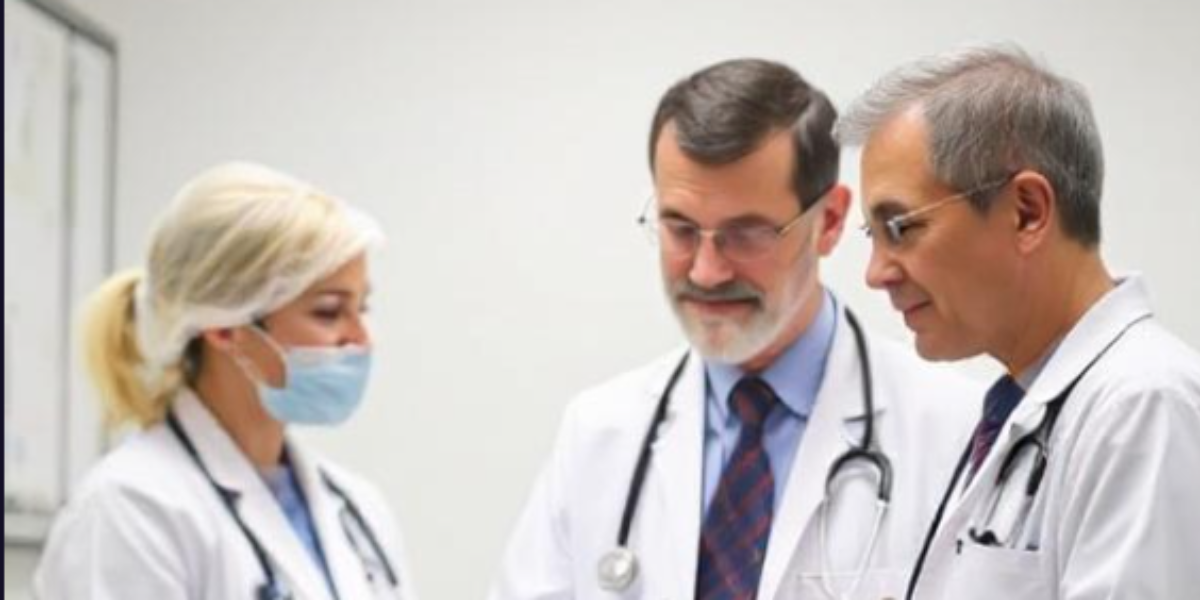
Date: Oct 12, 2025
Medical education is more than just studying books and attending lectures — it’s about learning how to care for real people. The journey from a medical student to a competent doctor requires hands-on practice, exposure to real patients, and clinical experience under supervision. That’s where clinical training comes in.
At United Medical and Dental College (UMDC), clinical training is considered the foundation of medical and dental education. Through early patient exposure, state-of-the-art hospital facilities, and experienced mentors, UMDC ensures that its students graduate not only with theoretical knowledge but also with practical skills and professional confidence.
You can explore UMDC’s programs and hospital affiliations on the official website here.
Clinical training bridges the gap between classroom learning and real-world medical practice. Textbooks may explain diseases, symptoms, and treatments, but true understanding comes when students observe and interact with patients directly.
At UMDC, students begin their clinical journey early, rotating through various departments such as Medicine, Surgery, Pediatrics, Obstetrics and Gynecology, Ophthalmology, ENT, and Dentistry. This comprehensive exposure helps them:
By working alongside senior doctors and specialists, students gain a deeper appreciation of the complexities involved in patient management.
One of UMDC’s strengths lies in introducing clinical exposure from the early years of the MBBS and BDS programs. This approach helps students connect their basic science learning with real clinical cases. Rather than waiting until their final years, UMDC students regularly visit affiliated hospitals and clinics to observe patient consultations and participate in case discussions.
Through these interactions, they learn how to take patient histories, conduct physical examinations, and observe diagnostic procedures. This early engagement fosters confidence and professional maturity — qualities essential for becoming a successful doctor or dentist.
UMDC has invested heavily in modern teaching tools to support clinical education. The simulation and skills laboratories are equipped with advanced manikins and models that replicate real medical scenarios. Students can safely practice clinical procedures such as injections, suturing, and patient monitoring in a controlled environment before working with real patients.
Simulation-based learning also enhances critical thinking and teamwork. During simulation sessions, students are assigned different roles, such as physician, nurse, or observer, which helps them understand the importance of interdisciplinary collaboration in healthcare.
Another defining feature of UMDC’s clinical training program is its strong mentorship culture. Experienced faculty members guide students through every step of their clinical rotations. They provide constructive feedback, demonstrate best practices, and teach students how to handle stressful or emergency situations professionally.
Faculty members encourage students to ask questions, reflect on their experiences, and continuously improve their clinical judgment. This personalized guidance ensures that each student develops both confidence and competence in patient care.
Clinical training at UMDC goes beyond medical skills — it focuses equally on ethics and professionalism. Students are trained to communicate with empathy, respect patient confidentiality, and maintain professional integrity.
Before entering hospital wards, all students attend workshops on patient interaction, ethical dilemmas, and medical conduct. These sessions prepare them to treat patients with compassion while upholding the highest standards of medical ethics.
UMDC ensures that every student’s clinical performance is continuously evaluated. Regular assessments, case presentations, viva exams, and feedback sessions help identify strengths and areas for improvement. This system ensures that students stay accountable and motivated throughout their training.
Additionally, exposure to multidisciplinary teams allows them to observe how different specialists collaborate to deliver holistic care. Such experiences teach the value of teamwork and communication, which are vital in modern healthcare systems.
UMDC’s clinical training is designed not just for passing exams but for building lifelong skills. Students learn how to handle real-world challenges — from managing emergencies to understanding patient psychology.
Upon graduation, UMDC students are fully equipped to enter hospitals, clinics, or pursue postgraduate specialization with confidence. The hands-on training they receive prepares them for every stage of their professional journey, both in Pakistan and internationally.
Clinical training forms the cornerstone of medical and dental education, turning theory into practice and students into capable healthcare professionals. Through its modern facilities, expert faculty, ethical framework, and patient-centered approach, United Medical and Dental College (UMDC) ensures that its graduates stand out as skilled, compassionate, and competent doctors ready to serve humanity.
By prioritizing practical experience and continuous learning, UMDC continues to set high standards for medical education and clinical excellence in Pakistan.
Relevant Blogs
Copyright 2025 UMDC.